Use this sound energy investigation to help your students record their learnings about First Nations traditional instruments and how they produce sound.
Discover First Nations Sounds
This teaching resource will take students on a journey to explore the fascinating world of sound, vibrations, and the cultural richness of Australia’s First Nations Peoples. Through the engaging activities of listening, drawing, and discovering traditional instruments, students develop a holistic understanding of the interconnectedness between sound, nature and cultural expressions.
Activities Included in This Sound Energy Project:
- Listening & Drawing:
- Uncover the essence of sound as the result of rapid back-and-forth movement of matter, known as vibration.
- Encourage students to step outside, close their eyes, and actively listen to the diverse sounds surrounding them.
- Students draw and label four distinct sounds, fostering a connection between auditory experiences and visual representation.
- Sound Vibrations:
- Explore the concept that vibrations create sound waves, serving as carriers of sound to our ears.
- Identify actions like blowing, shaking, hitting, and scraping as sources of sound.
- Students contribute to a table by adding sounds they hear in their environment, linking them to the objects and vibrations that produce them.
- Aboriginal Traditional Musical Instruments:
- Delve into the rich musical traditions of Australia’s First Nations Peoples.
- Discover instruments crafted from natural materials and their cultural significance.
- Engage students in reading instrument descriptions, prompting them to fill in missing information about pictures, vibrations and sounds associated with each instrument.
- Soundscape:
- Understand the harmonious relationship between traditional Aboriginal instruments and the sounds of nature.
- Challenge students to draw a traditional instrument that mimics a natural element.
- Explore how these instruments produce sounds reminiscent of the chosen natural element and discuss the various techniques employed.
This enriching interdisciplinary resource, blending scientific principles with cultural exploration. Through active listening, artistic expression, and learning about traditional instruments, students gain a profound appreciation for the symphony of nature and the cultural heritage of Australia’s First Nations Peoples.
This teaching resource was created by Renee Murrant, a teacher in New South Wales and Teach Starter collaborator.
Looking for More Sound Energy Teaching Resources?
Take a look at these:
[resource:5043322] [resource:5043336] [resource:5029719]
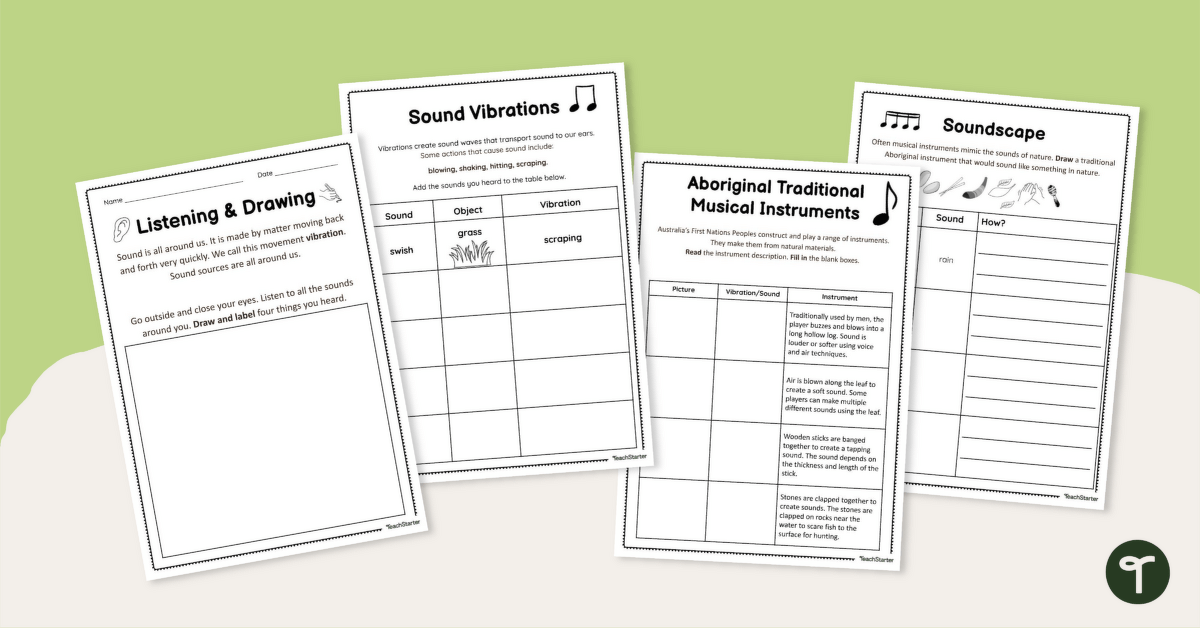

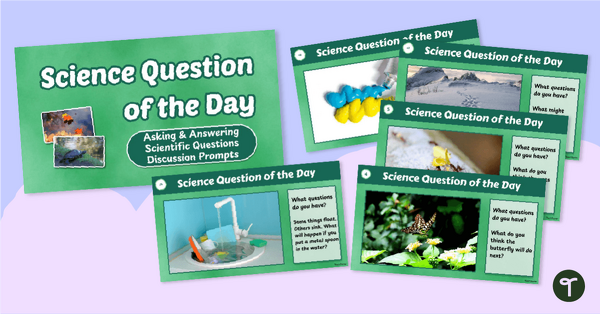
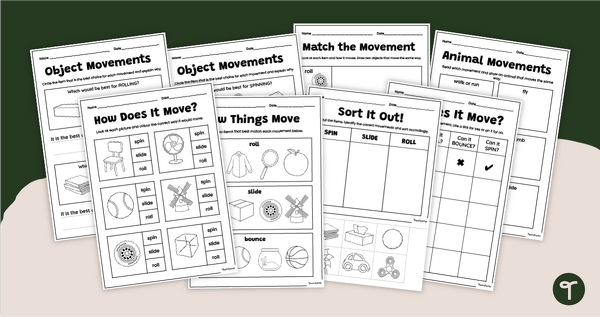
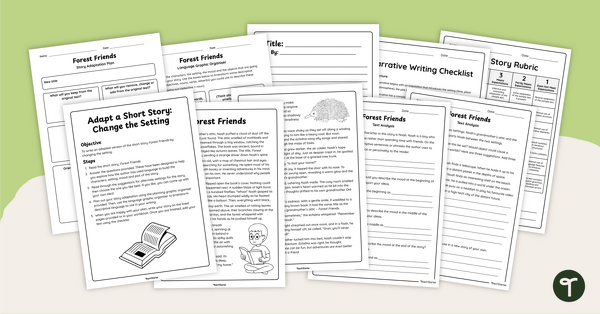

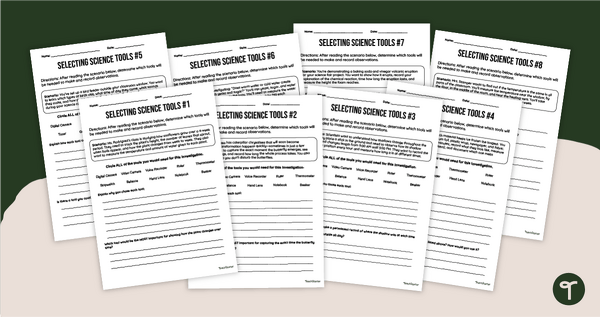
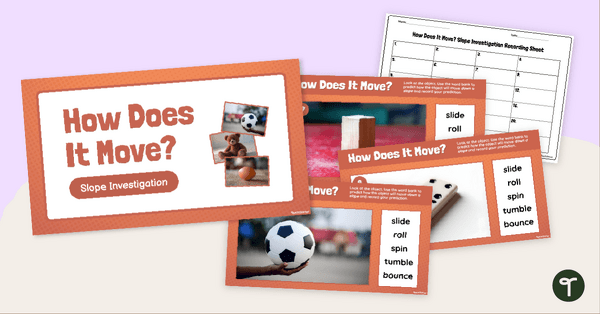
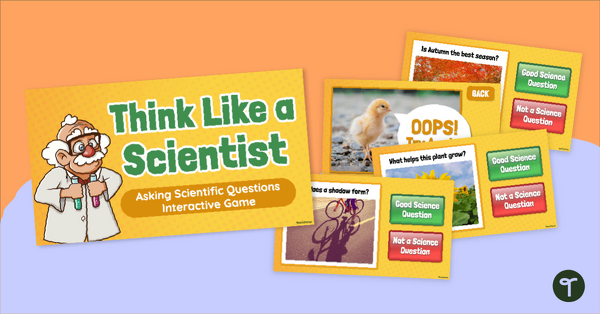
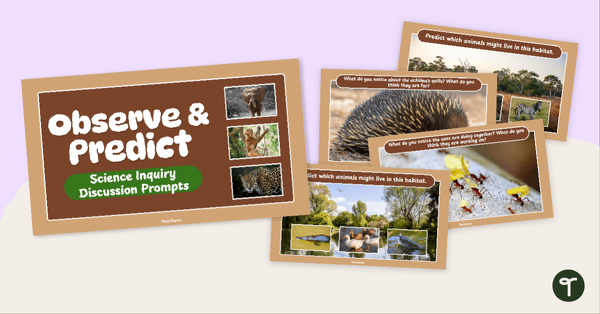
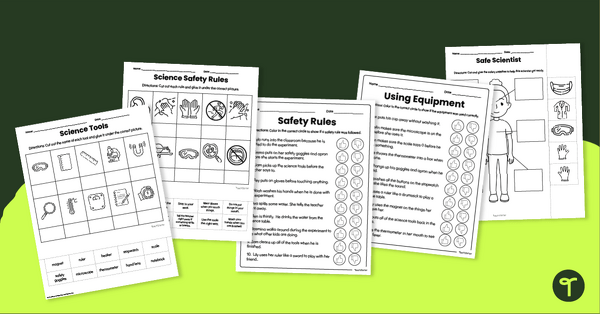
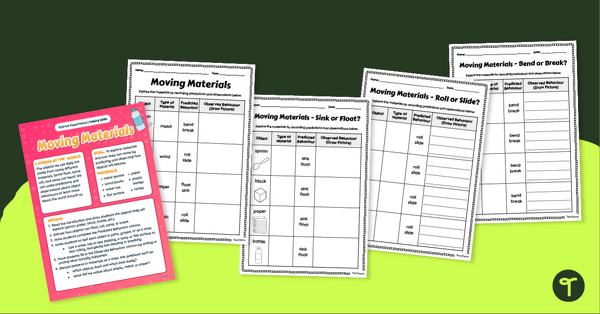
0 Comments
Write a review to help other teachers and parents like yourself. If you'd like to request a change to this resource, or report an error, select the corresponding tab above.